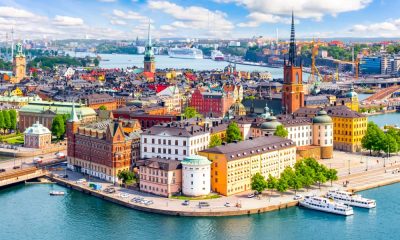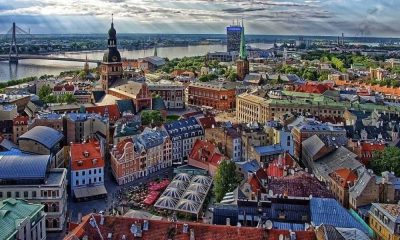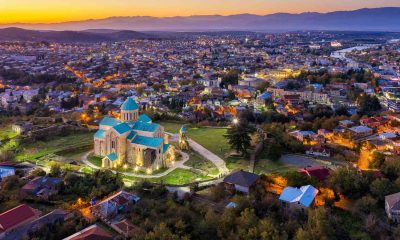Travel
Have A Look At Some Of The Safest Cities In Portugal
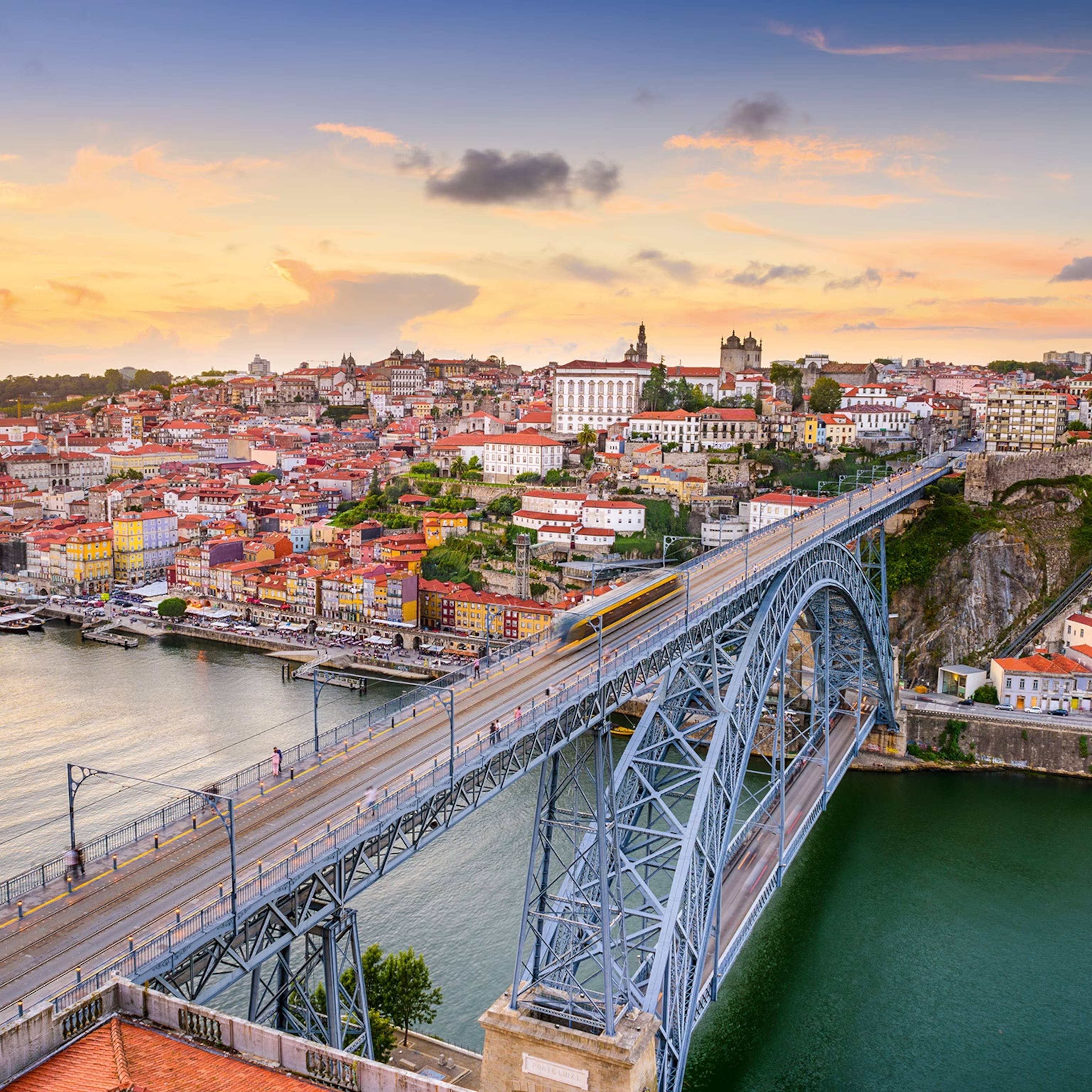
With a coastline as stunning as its interior, Portugal is becoming an increasingly popular destination for expats, retirees, and digital nomads. Its popularity has surged due to its moderate environment, low cost of living, and expat-friendly visa and immigration policies. But is Portugal safe? The answer is a resounding yes!
How safe is Portugal? According to the Global Peace Index, Portugal’s safety will rank seventh in the world in 2023. Portugal has a low overall crime rate, and its safety index score is good in comparison to most other European countries. According to Numbeo, citizens of Portugal report feeling quite safe when strolling alone during the day and night.
Portugal’s safety ranking is widely known, but what are the safest places to live in Portugal? We did the research to find the top five safest cities in Portugal for expats that stand out above the rest.
What Makes Portugal’s Safety Unique?
According to the Portuguese government’s 2021 crime report, only 3.9% of all reported crime in the country is serious or violent.
Portugal decriminalized all narcotics more than two decades ago. Instead of a criminal, the law views anyone misusing drugs to be a “patient” seeking therapy. Although it is unlawful to sell narcotics, people continue to do so. While these regulations have improved the landscape of the Portuguese legal system, there may be crime and safety problems in regions where drug sales and usage are high. Drug use has escalated in the aftermath of the outbreak. It is not uncommon to see drugs being sold and used on the streets in low-income districts. In major tourist areas, you may also find people selling fake drugs (bay leaf or flour). These scammers skirt the local laws and make money off of tourists who don’t understand what is legal and what is not.
How We Identified The Safest Cities in Portugal
According to Pordata, immigrants made up more than 6% of Portugal’s population in 2021, and this figure is expected to rise. Today, British expats are the second largest expat population in Portugal, after only Brazilians. However, Portugal’s secret has been revealed. Immigrants from Europe, Asia, and the Americas are also migrating to Portugal in search of a safe, economical, and high-quality living in Europe.
To identify Portugal’s safest cities, we first compiled a list of the most popular destinations for immigrants in Portugal. Several of these cities are frequently mentioned in credible publications’ Best Places to Live in Portugal articles. We then examined crime and safety data from Numbeo, Pordata, and the Portuguese government’s 2021 Annual Report for each city.
We then examined crime and safety data from Numbeo, Pordata, and the Portuguese government’s 2021 Annual Internal Security Report (RASI) for each city. We discovered the top five safest places in Portugal for expats by ranking each city based on safety data.
The 5 Safest Places to Live in Portugal
Our list of Portugal’s safest places to live varies in size, climate and geographic region. Grab an espresso and put some cinnamon on your pastel de nata, a traditional Portuguese custard tart, while you get to know the safest places in Portugal.
1. Funchal (Madeira)
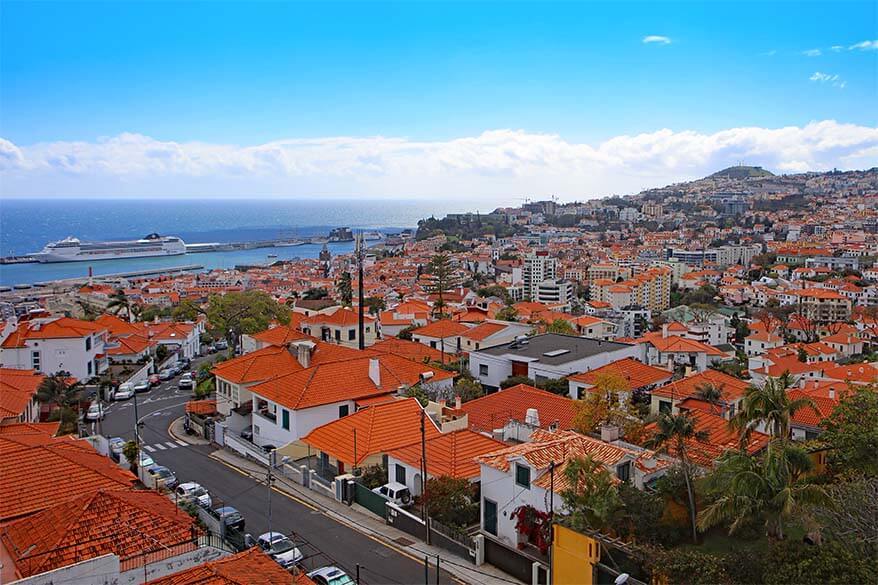
The safest city for expats is not on the Portuguese mainland. In actuality, the Portuguese island of Madeira’s capital city lies closer to West Africa. Cliffside buildings and homes overlook black sand beaches against a backdrop of beautiful mountains and banana fields in Funchal.
The island is well-known for its wine-making and sugar cane plantations. During the Age of Exploration, both brought global trade and pirates to its coasts.
While Funchal is a famous tourist destination due to its gorgeous natural scenery, it is still a livable and engaging city all year. The botanic gardens, the “Mercado dos Lavradores” (Farmers Market), and the Sacred Art Museum are also part of Funchal. And if you reside in Funchal, you’ll have a front-row seat to one of the world’s largest New Year’s Eve fireworks displays every year.
Funchal’s safety ranking is about three points greater than that of peaceful Chaves. In Madeira, crime fell by 7.9% in 2021. Those who come to Funchal for the sights may also stay for the tranquility of mind.
2. Chaves
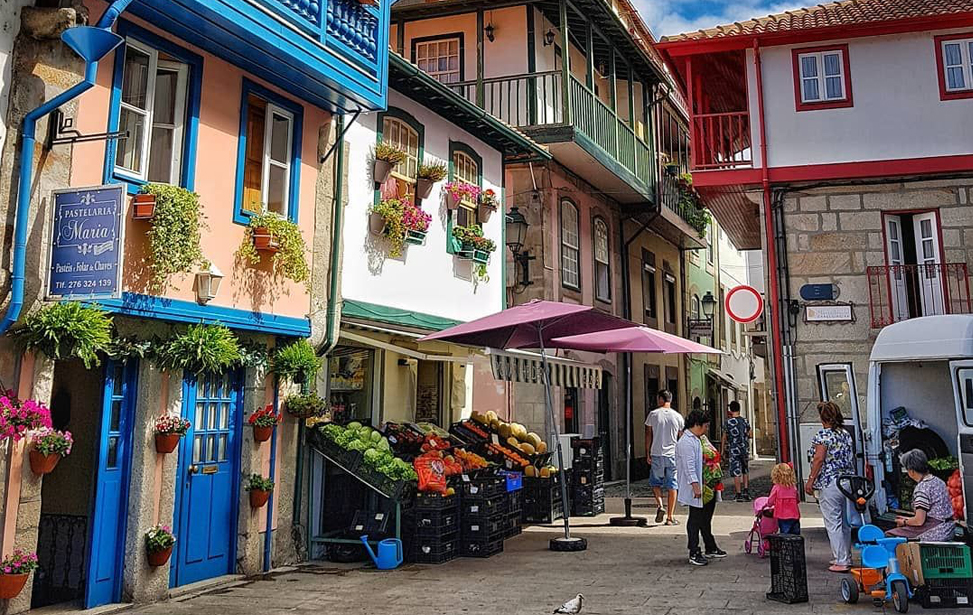
Chaves is located in northern Portugal, just south of the Spanish border. A visit seems a little like entering a storybook. Small colorful stores adorn town squares, and classic buildings reflect in a calm river.
The gem of Chaves, like other Portuguese towns with Roman heritage, is its gorgeous “Ponte Trajano” (Trajano Bridge) erected by the Romans. It also includes a well-preserved medieval castle and a church that has changed religions over the years.
Visitors and locals alike can cure aches and pains at the old natural hot springs. Alternatively, go around the lovely public garden and riverbank park. Modern art and history museums coexist with new and traditional eateries, all surrounded by breathtaking mountain landscape.
This small, rural city has a high safety rating and a low reported crime rate. Chaves, as a tranquil town with a limited foreign population, may be best suited for retirees or immigrants with faraway employment.
Chaves remains Portugal’s gateway, serving both the starting point of the N2 (the country’s longest road) and an accessible access point to northern Spain.
3. Faro
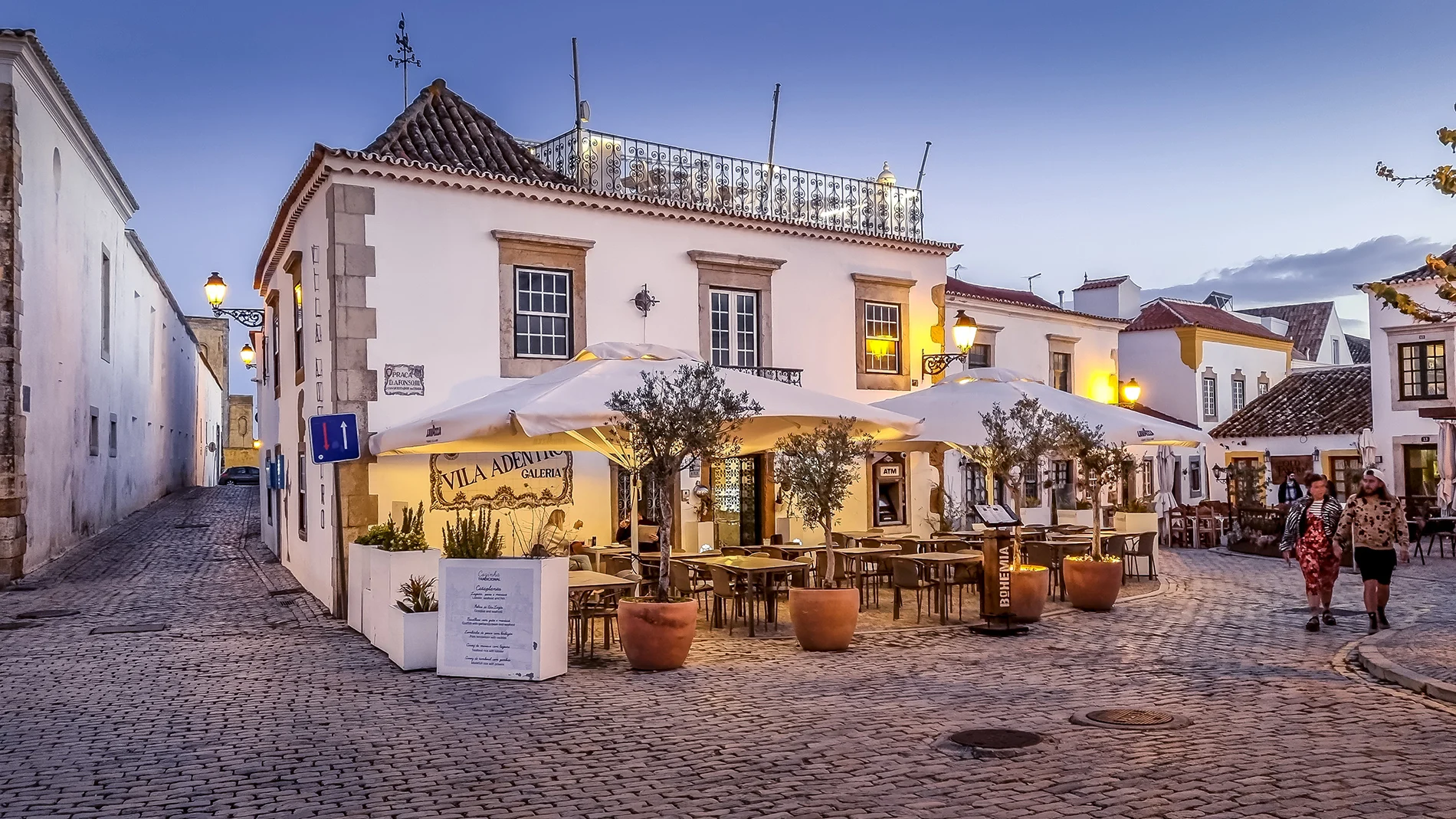
Many people seek sanctuary in Faro, a small seaside city in southern Portugal’s Algarve region. Its mild year-round climate attracts vacationers, immigrants, and seniors seeking to escape the chilly and damp winters.
Faro’s old and new buildings are primarily white to protect from the intense sun, in contrast to northern Portugal. Faro, while not exactly on the coast, is located along a magnificent turquoise-blue inlet.
A short drive will take you to Portugal’s famous beaches, which include magnificent granite formations and deep blue Atlantic waters. When the big city calls, Faro’s magnificent traditional-style rail station can get you there in under 4 hours.
Foreigners make up more over 14% of Faro’s population, and the British expat community is well-established. While crime does occur, it is often minor and non-violent. Faro (not to be confused with the broader Faro District) witnessed a 16.9% decline in reported crime from 2020 to 2021. If you choose to live in Faro, every day can begin to feel like a vacation.
4. Lisbon

Given that it is a bustling capital city, you may be wondering if Lisbon, Portugal is secure. Lisbon, or “Lisboa,” is one of the world’s safest cities. Theft is the most common sort of crime in any big metropolis, and it is usually non-violent.
Any local or visitor will benefit from basic knowledge. Some travelers may feel at ease in Lisbon. Its high hills, seismic history, and stunning red suspension bridge give it the feel of a European San Francisco. However, the capital city of Portugal has its own particular characteristics.
Traditional “fado,” the singularly heart-wrenching music played by experts of the genre, is found in the medieval Alfama neighborhood. Lisbon also has a profusion of museums covering history, art, the past dictatorship’s resistance, and even “azulejos” — the iconic blue painted tiles. Take a tram up the hills or to the relatively walkable area of Belém along the river to get there. Locals can also travel around more easily with the use of public elevators.
Beyond the old city, large Parisian-style thoroughfares are home to high-end businesses and world-class restaurants serving fresh fish and other specialties. Much of the city now caters to its thriving tourism economy, although inhabitants can still find sanctuary from the crowds. Small neighborhood parks with coffee vendors dot the city, providing breathtaking views of the Tagus River.
If you need a complete retreat, the commuter train provides for quick day journeys to the coast or to the beautiful castles and parks of Sintra in the mountains. While similar to other of the world’s largest urban attractions, Lisbon has a slower pace of life, giving you more time to view sunsets from the hilltop of your choosing.
5. Porto
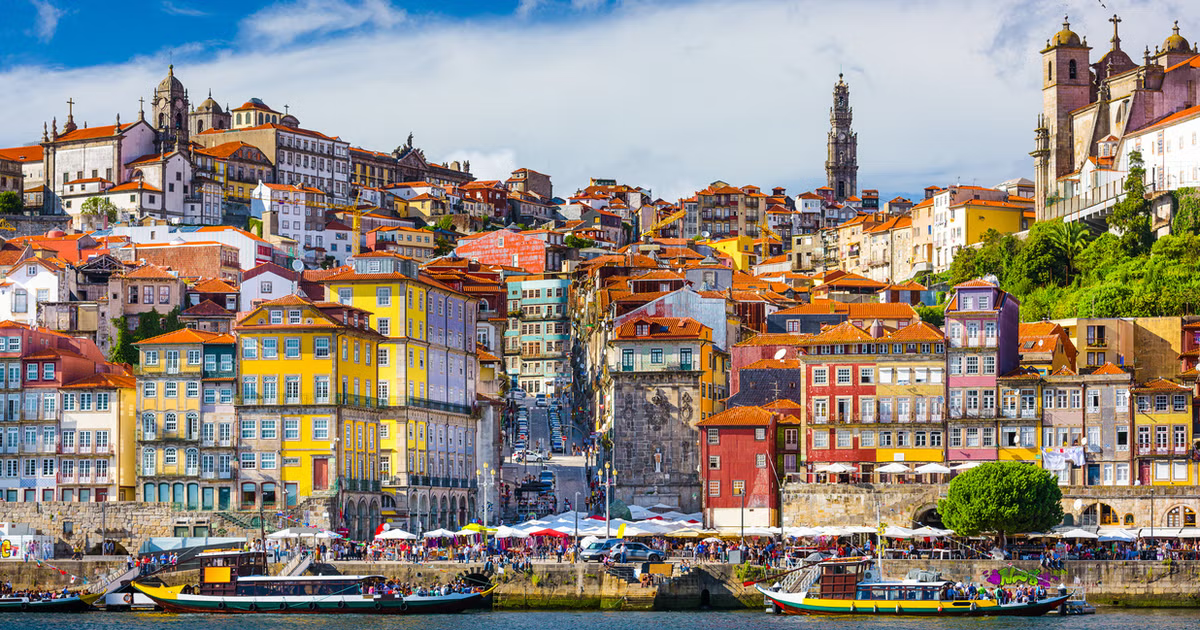
Porto simply means “the port.” This city was once one of Europe’s largest ports, and its rich history has been preserved. The urban core is a UNESCO World Heritage Site, and its vibrant medieval alleys and passageways lead to plazas, parks, and gardens. During Portugal’s tourism boom, modern restaurants and marketplaces have sprouted up, making it a lively city. Newer and larger apartment complexes just outside of downtown provide more modern amenities.
This important Portuguese city is also near the seashore. A 25-minute tram journey will take you to Foz do Douro, where you may eat al fresco and stroll along the water’s edge. While already far safer than both Paris and New York City, Porto has lately had a 5.8% drop in crime, one of the country’s highest decreases. That’s news to toast with a glass of local Port wine (yep, it comes from there!) and some crispy aletria, a vermicelli-based dessert.





